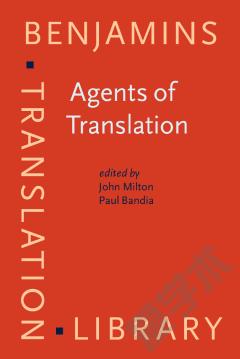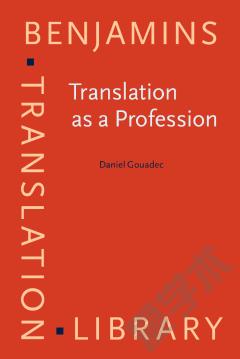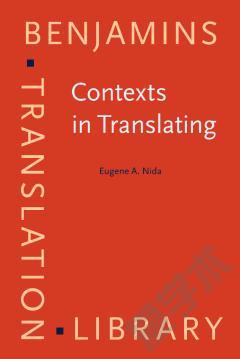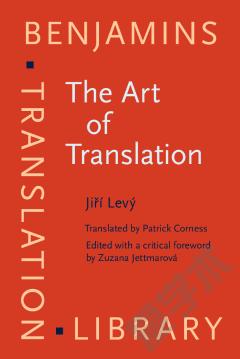Agents of Translation.
Agents of Translation contains thirteen case studies by internationally recognized scholars in which translation has been used as a way of influencing the target culture and furthering literary, political and personal interests. The articles describe Francisco Miranda, the “precursor” of Venezuelan independence, who promoted translations of works on the French Revolution and American independence; 19th century Brazilian translations of articles taken from the Révue Britannique about England; Ahmed Midhat, a late 19th century Turkish journalist who widely translated from Western languages; Henry Vizetelly , who (unsuccessfully) attempted to introduce the works of Zola to a wider public in Victorian Britain; and Henry Bohn, who, also in Victorian Britain, (successfully) published a series of works from the classics, many of which were expurgated; Yukichi Fukuzawa, whose adaptation of a North American geography textbook in the Meiji period promoted the concept of the superiority of the Japanese over their Asian neighbours; Samuli Suomalainen and Juhani Konkka, whose translations helped establish Finnish as a literary language; Hasan Alî Yücel, the Turkish Minister of Education, who set up the Turkish Translation Bureau in 1939; the Senegalese intellectual, Cheikh Anta Diop, whose work showed that the Ancient Egyptians had African rather than Indo-European roots; the Centro Cultural de Évora theatre group, which introduced Brecht and other contemporary drama into Portugal after the 1974 Carnation Revolution; 20th century Argentine translators of poetry; Haroldo and Augusto de Campos, who have brought translation to the forefront of literary activity in Brazil; and, finally, translators of Bosnian poetry, many of whom work in exile.
{{comment.content}}








 京公网安备 11010802027623号
京公网安备 11010802027623号